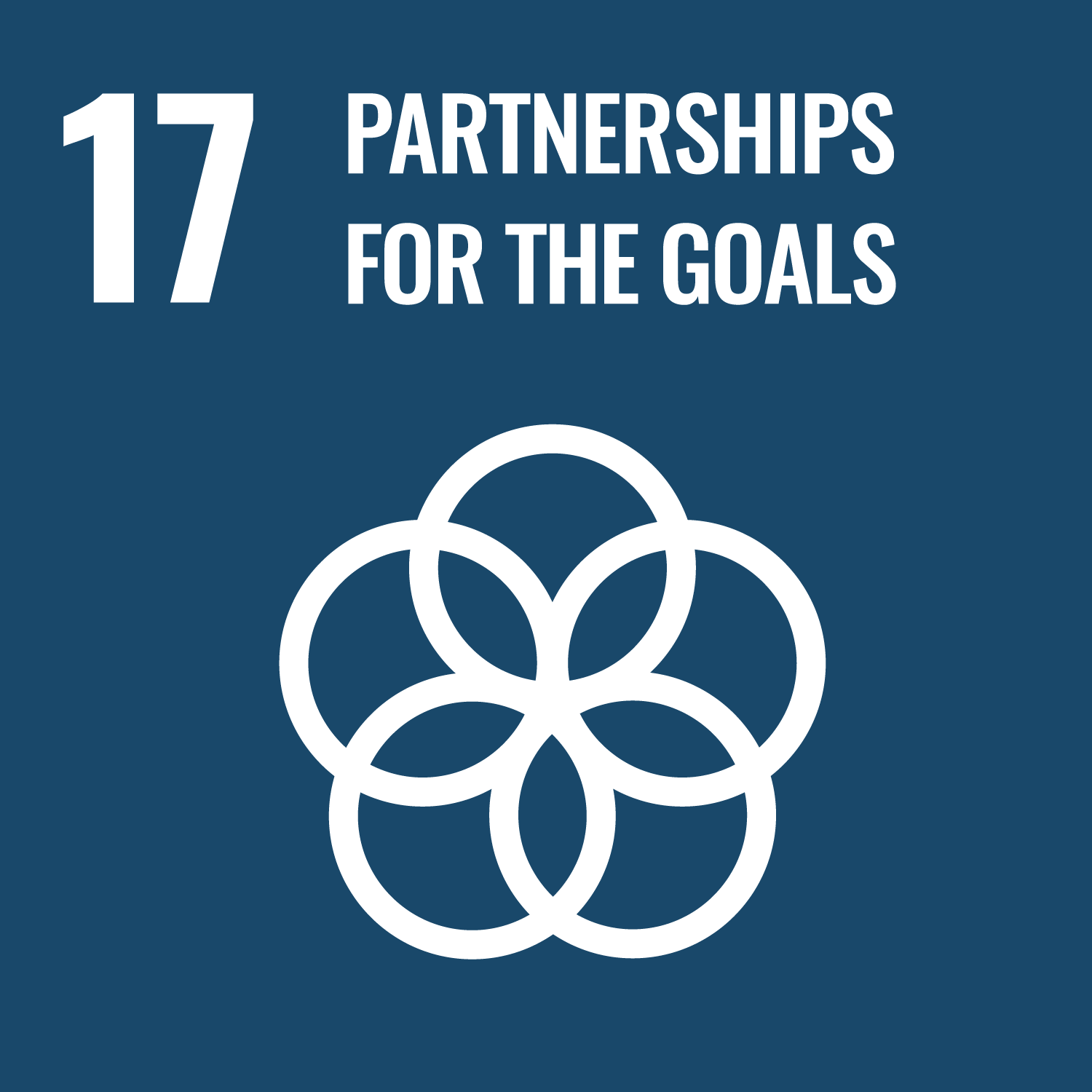Disability Certification
Mitigating vulnerabilities and improving the quality of life of people with disabilities in Panama
Challenges
Disability certification is the administrative procedure by which the National Disability Secretariat of Panama (SENADIS) certifies that a person has a disability, whether physical, sensory (auditory and visual), psychosocial (mental), intellectual or visceral, in accordance with established parameters and guidelines. Starting with the diagnosis of the person’s health condition, coded through the International Statistical Classification of Diseases and Related Health Problems (ICD-10) and issued according to the evaluation of the functioning profile, based on the International Classification of Disability and Health Functioning (ICF).
The procedure is carried out entirely, at the headquarters, starting with the digitalization and updating of the process, which allows decentralization to all the provinces of the country, guaranteeing access to this benefit for the entire population with disabilities.
Towards a Solution
The Disability Certification programme carried out by SENADIS helps to close gaps, reduce barriers, and mitigate vulnerabilities through economic benefits that enhance the quality of life for people with disabilities. Access to discounts on medicines, healthcare, recreational events, and more enables this significant group in society to achieve optimal levels of well-being. Additionally, the programme provides valuable and objective information that contributes to the development of plans, programmes, and projects in favour of people with disabilities and their families. This aligns with the fulfilment of the Sustainable Development Goals and the 2030 Agenda, emphasising the reduction of inequality as a fundamental condition for achieving sustainable development.
The Social Inclusion Programme for People with Disabilities in Panama, implemented with financing from the Inter-American Development Bank, focuses on decentralising the disability certification process to shorten waiting times, identify needs, and guarantee access to rights for this population group across all provinces of the country.
Component 1 of the programme focuses on strengthening the measurement and assessment of disability establishes actions aimed at improving the facilities of regional offices, upgrading technological equipment, and developing the second phase of the National Registry of Certifications. With access to the disability certificate, individuals with disabilities can benefit from economic discounts, thereby helping to minimise inequality gaps and contribute to SDG 10. The optimisation of the administrative record brings us closer to meeting Goal 17.18 of the Sustainable Development Goals, which commits states to significantly increase the availability of high-quality, disaggregated, timely, and reliable data.
Based on a medical diagnosis identified in the International Statistical Classification of Diseases and Related Health Problems (ICD-10) and the evaluation of functionality carried out by various professionals using the International Classification of Functioning, Disability and Health (ICF), this programme can be replicated elsewhere. The disability certification process adheres to the definition of disability established in the Convention on the Rights of Persons with Disabilities.
Contact Information
Carmen Bonilla, National Director of Certification, National Disability Secretariat of Panama (SENADIS)
Countries involved
Panama
Nominated By
Ministry of Foreign Affairs of the Republic of Panama
Supported By
Inter-American Development Bank (IDB)
Implementing Entities
National Disability Secretariat of Panama (SENADIS)
Project Status
Ongoing
Project Period
5/2015
Sectors
Health, Capacity Building
URL of the practice
https://www.senadis.gob.pa/proyectos_y_servicios_certificacion.htmlPrimary SDG
10 - Reduced Inequalities
Secondary SDGs
17 - Partnerships for the Goals
Primary SDG Targets
10.2Similar Solutions











